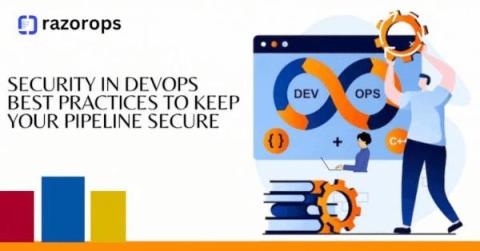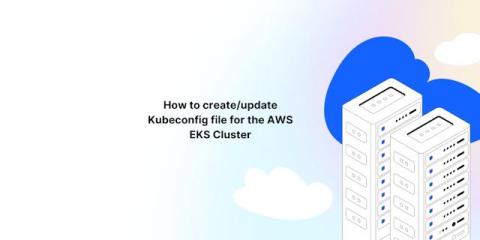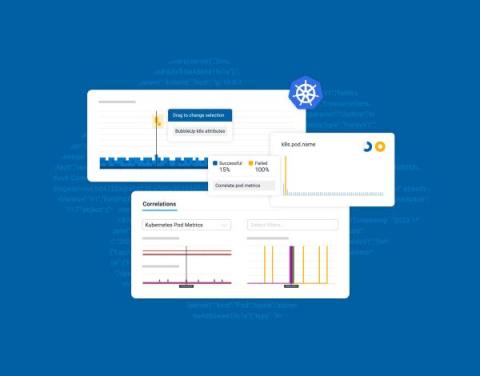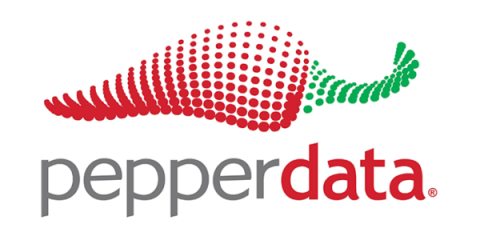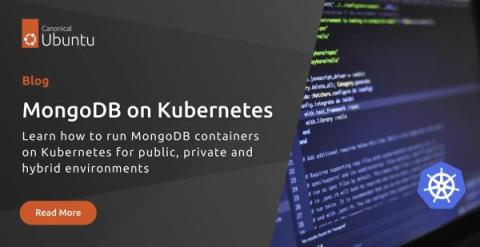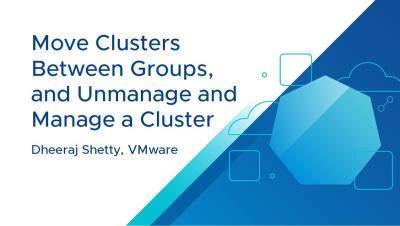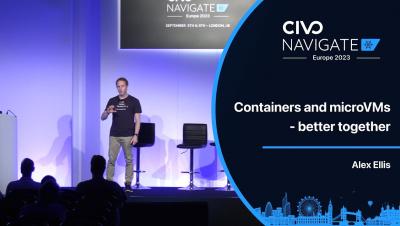Security in DevOps Best Practices to Keep Your Pipeline Secure
Software development, DevOps practices have become a cornerstone for organizations looking to streamline their processes and deliver high-quality software. While the agility and efficiency DevOps brings to the table are undeniable, it’s essential to remember that security should never be compromised in the pursuit of speed. In fact, it should be an integral part of the entire DevOps lifecycle.


